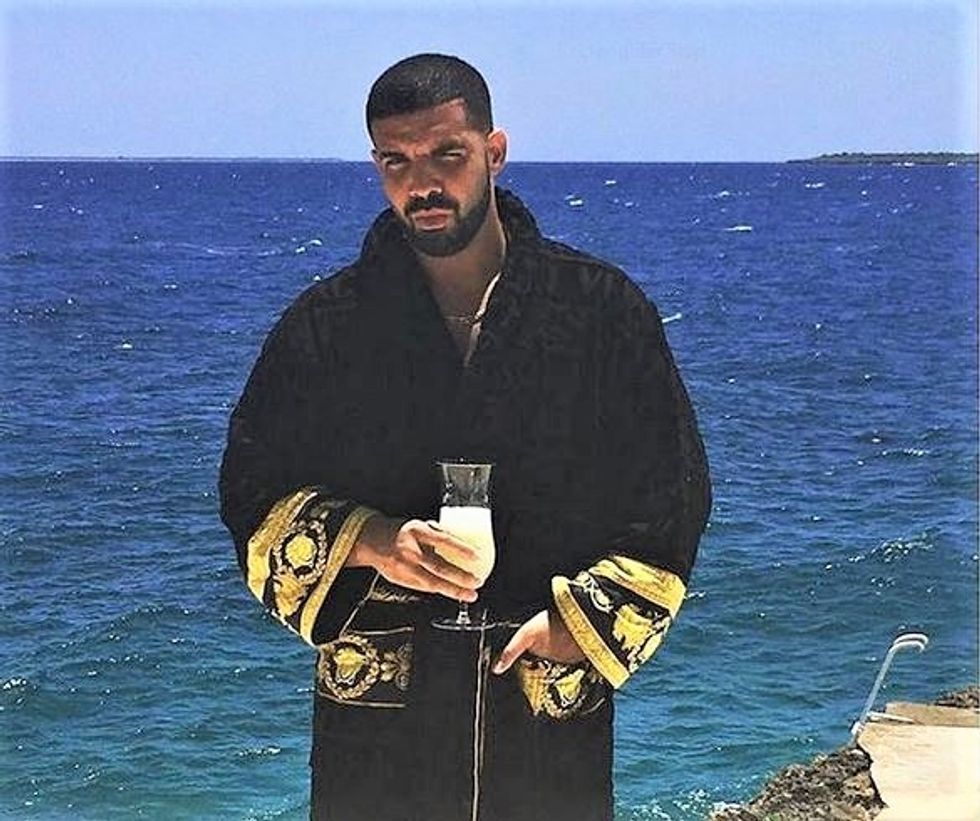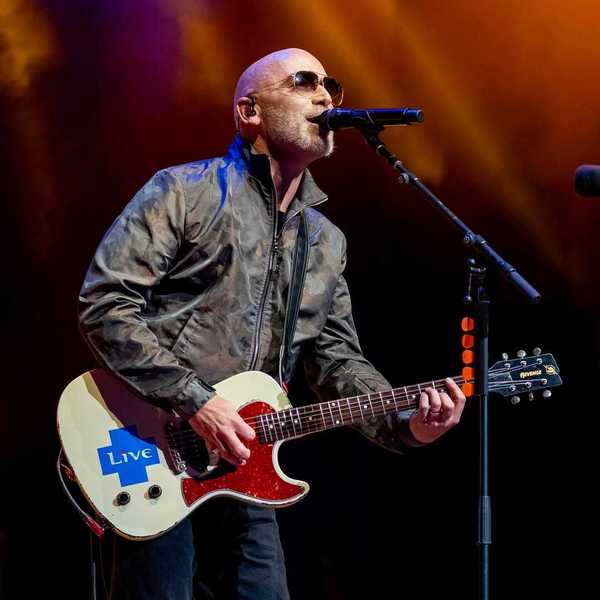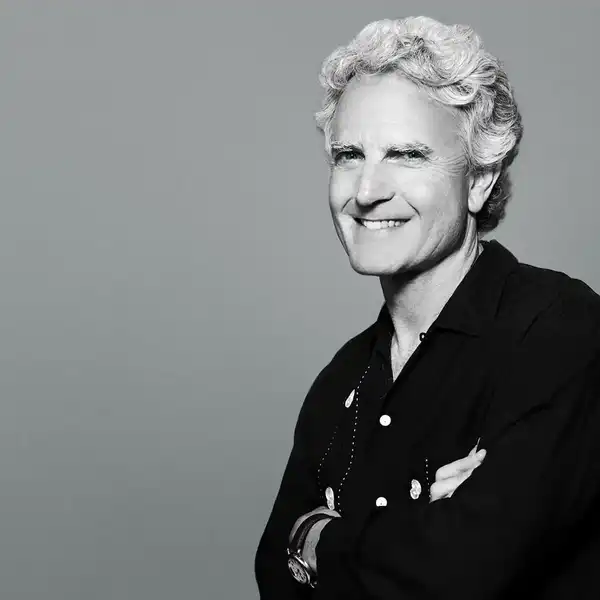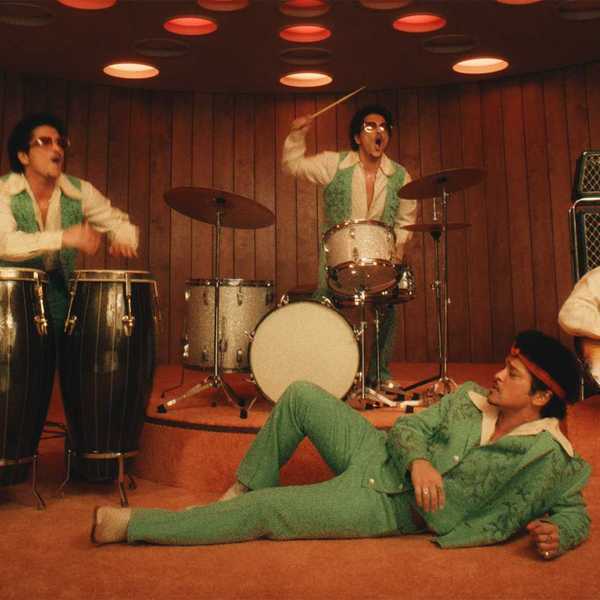IFPI Global: Canada Flatlines, but Drake Is No. 1
Canada registered minimal growth in digital music revenues last year and fell to rank 9th among the biggest music market in the world, according to the 2019 IFPI Global Music Report. The good news? Drizzy is No. 1.

By Nick Krewen
While North America posted a 14 percent gain in music revenue last year, Canada's contribution to the increase remained flat at only 0.5%, according to the 2019 Global Music Report published Tuesday by the International Federation of the Phonographic Industry (IFPI).
Overall global music market revenue grew for the fourth year in a row, with revenues soaring 9.7% to US$19.1B in 2018, in part driven by Drake, bumped up to the No.1 bestselling artist in the world after finishing runner-up to Ed Sheeran in 2017.
Stats include a 32.9% growth in paid streaming revenue, to US$8.9B (that accounts for 37% of total revenue), a 34% increase in overall streaming revenues and a 46.9% streaming share of global revenues.
But not all digital formats flourished: download revenues declined 11.2% to US$2.3B across the board. Physical revenue also continued to plummet, dropping a further 10.1% to $4.7B globally.
Performance rights revenues enjoyed a $US 0.3B increase, to US$2.7B, and synchronization rights held steady at $US 0.4B.
Overall, the digital music share of global revenue is at 58.9%, with 255M paid subscribers, accounting for US$11.2B and breaching the US$10B mark for the first time.
One of the most significant trends is the increasing elimination of language barriers when it comes to music consumption, led by Latin America and other breakout territories that include China, South Korea, The Middle East, and North Africa. South Korea’s BTS, Colombia’s reggaetón singer J. Balvin, and Mali French artist Aya Nakamura are all making significant gains in the world marketplace.
As a result, Canada fell to the 9th place market in the top 10 from 7th in 2017 as South Korea (at No. 6), and China (No. 7) made significant marketplace gains.
While Drake cemented his stature as the top-selling global recording artist, the news wasn’t good for other Canadian acts who failed to crack the Top 10 in 2018. US artists, led by Post Malone at No. 4, ruled the roost, except for BTS at No. 2, and the UK’s Ed Sheeran and Queen taking the third and sixth spots respectively.
In terms of sales, Camila Cabello’s “Havana,” co-written by Canadian Adam “Frank Dukes” Feeney, topped the Digital Singles chart at 19M global converted single units, followed by Drake’s “God’s Plan” at No. 2 with 15.3M, the lone Maple Leaf rep to make an impact.
The Greatest Showman soundtrack was the top-selling album at 3.5M, but no Canadians penetrated the Top 10. Of note, two BTS albums landed No. 2 and 3 placements, with combined sales of 5M units.
A more detailed look at the Canadian music market will be forthcoming later.
To see the IFPI report, please visit here.















